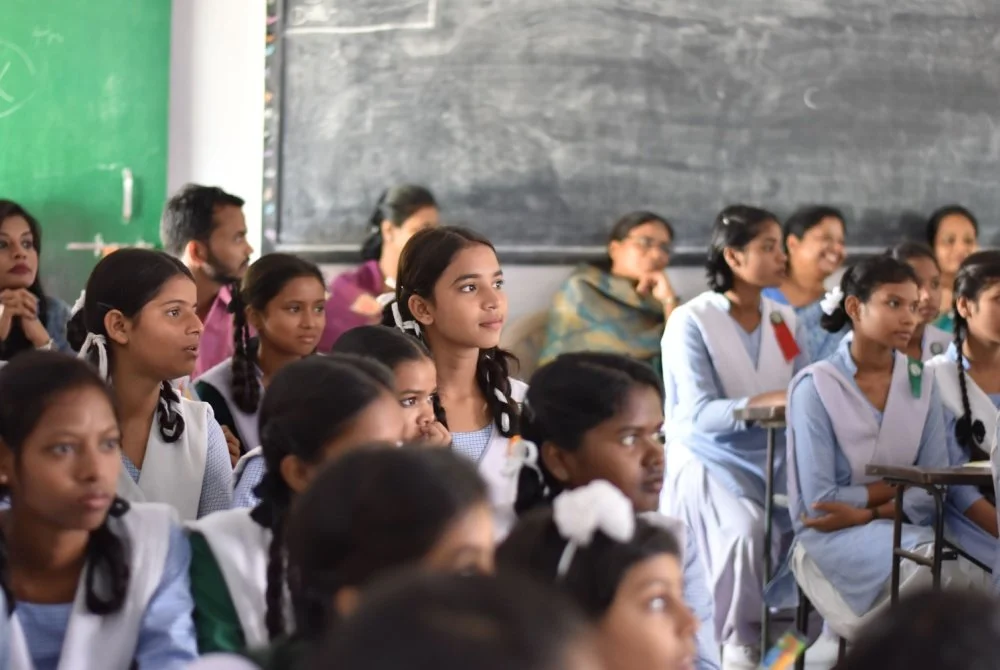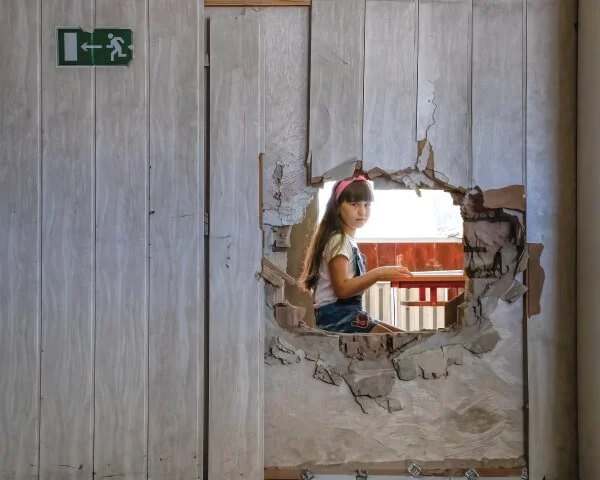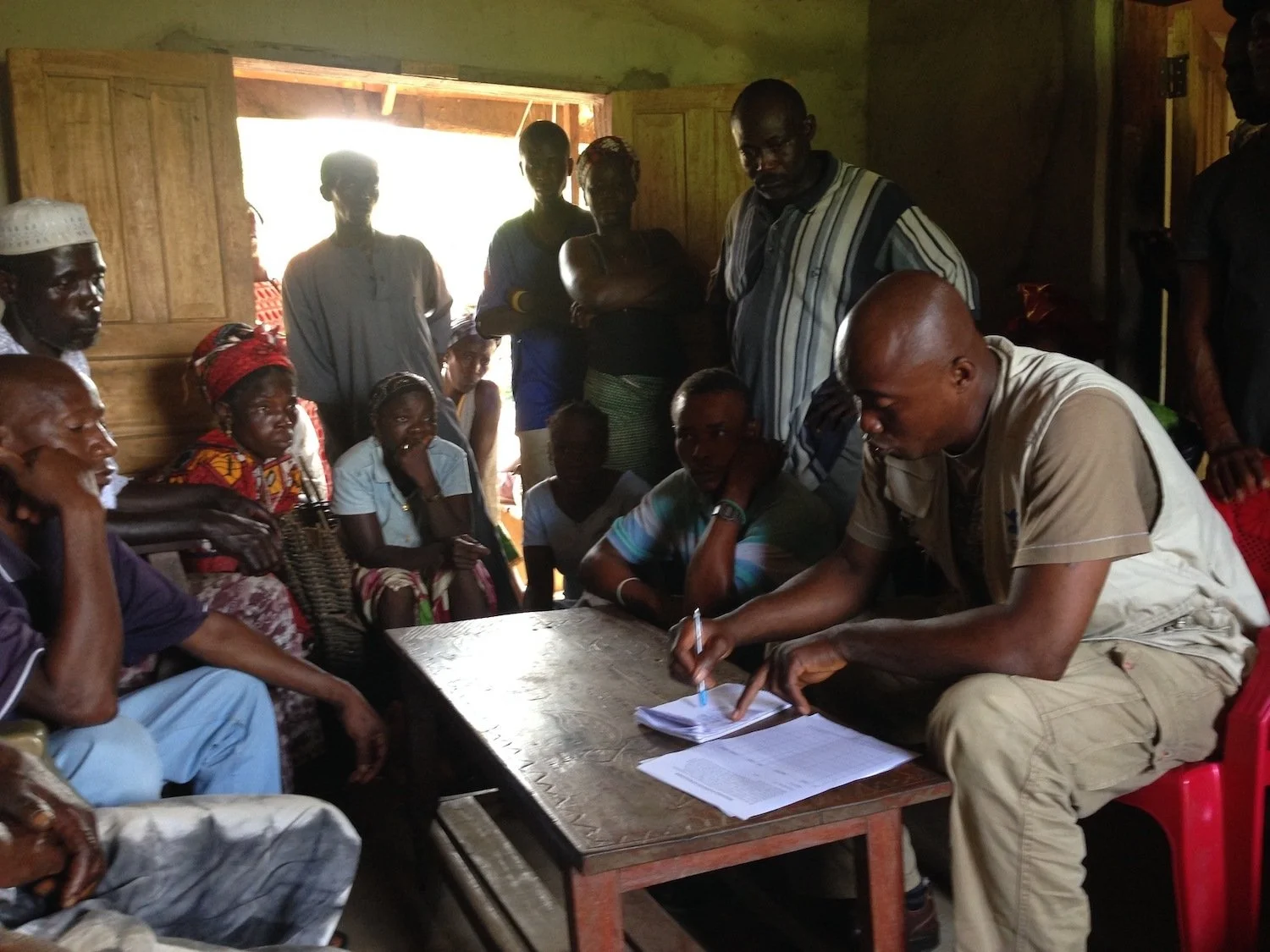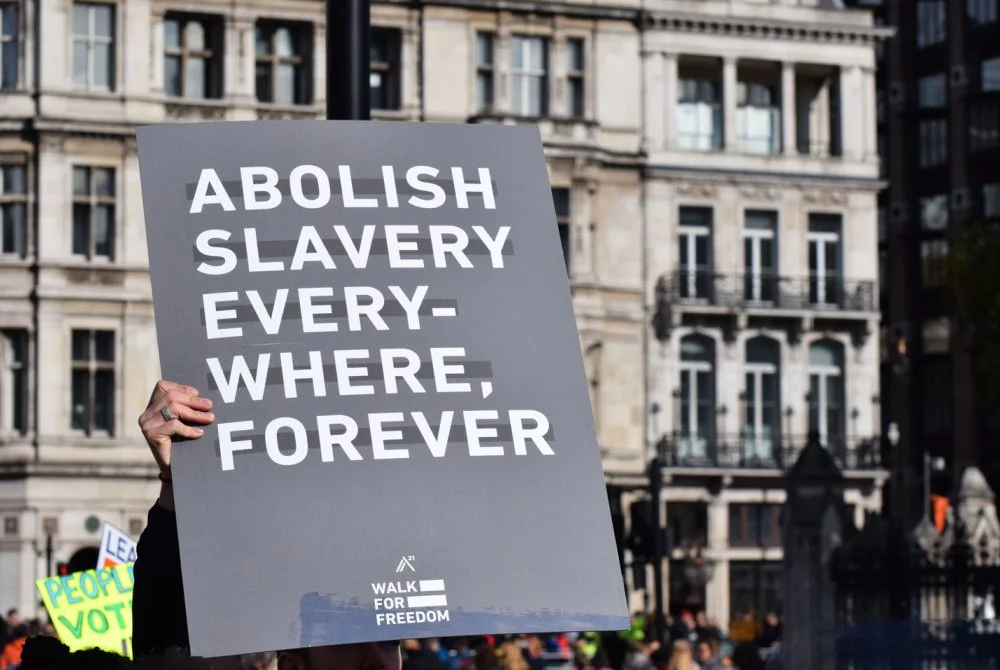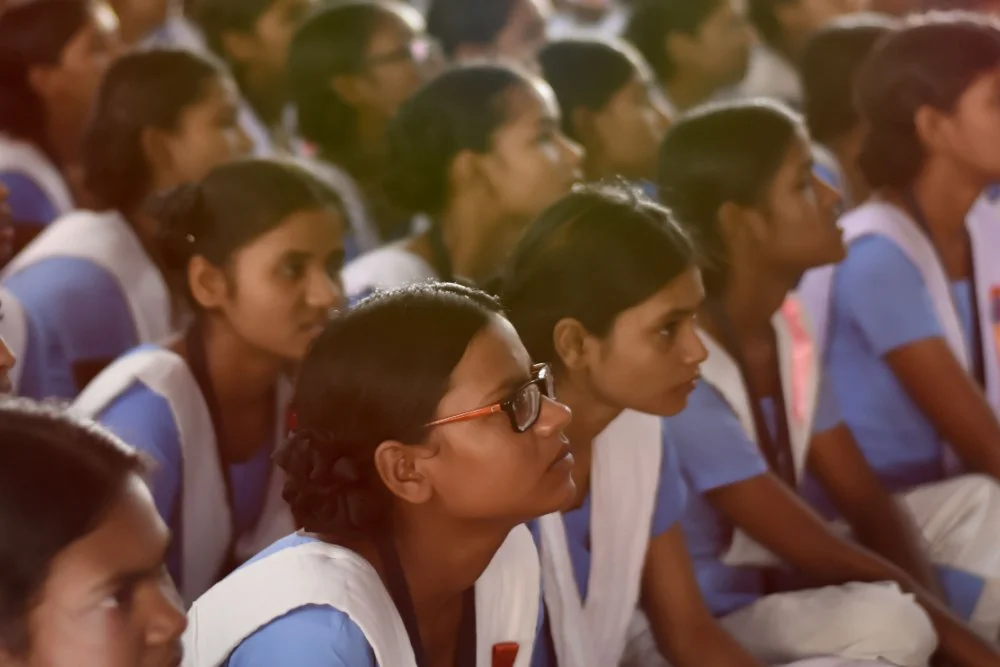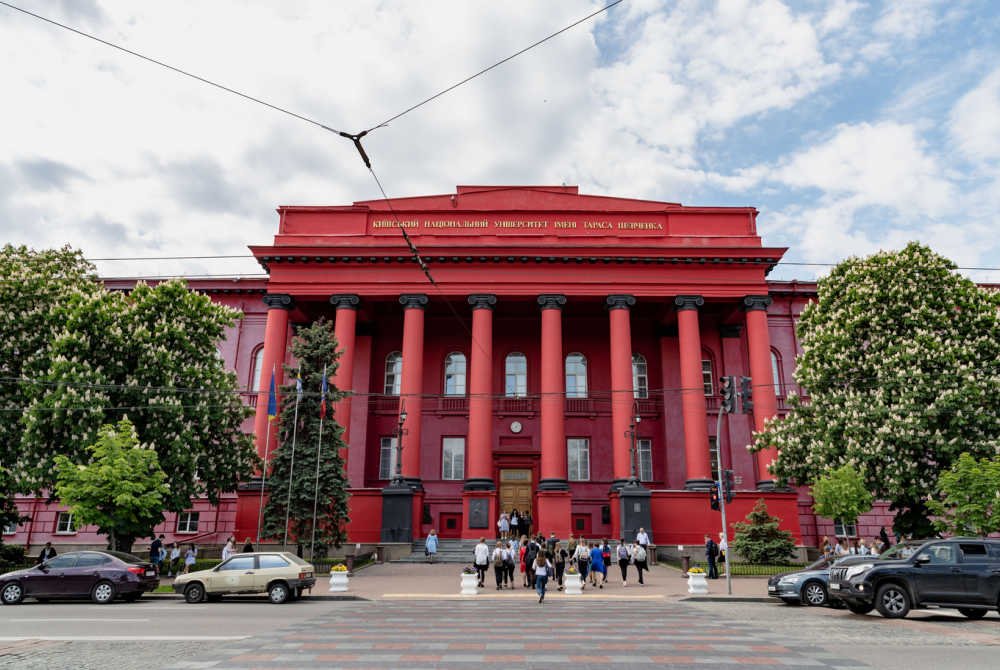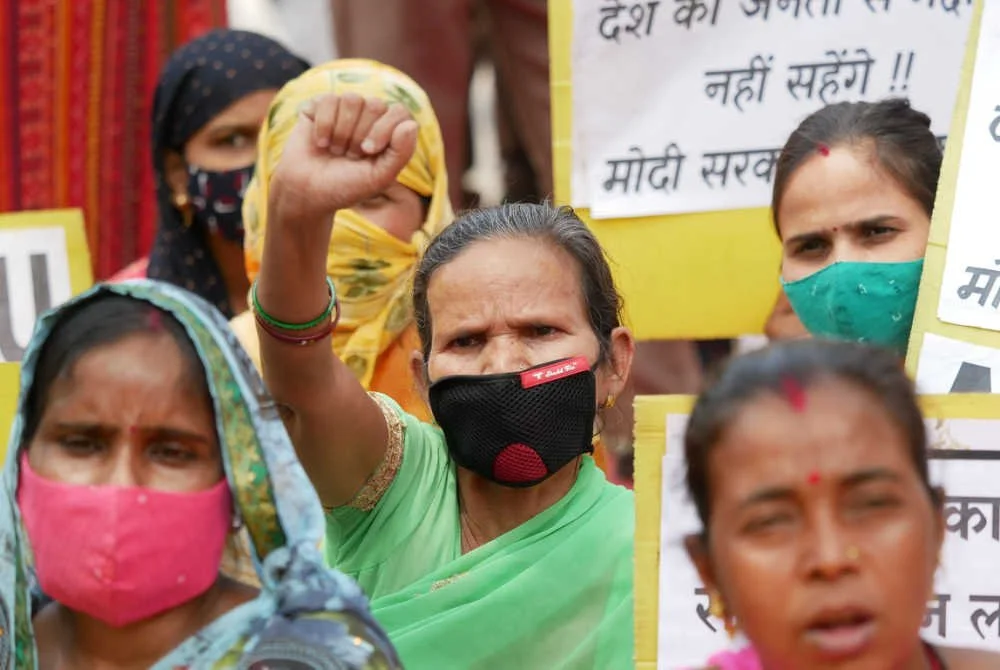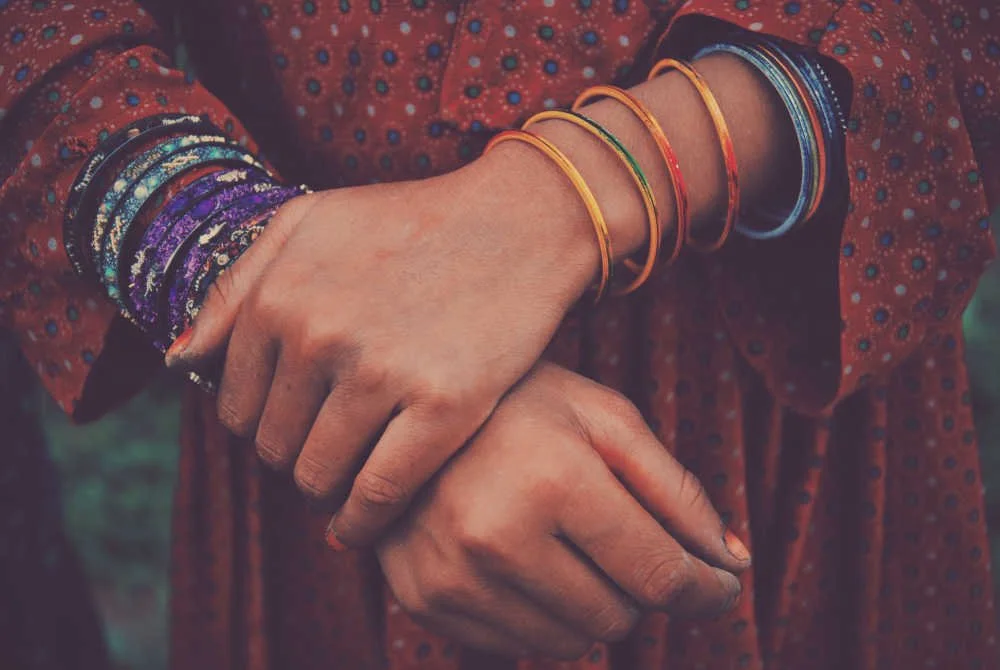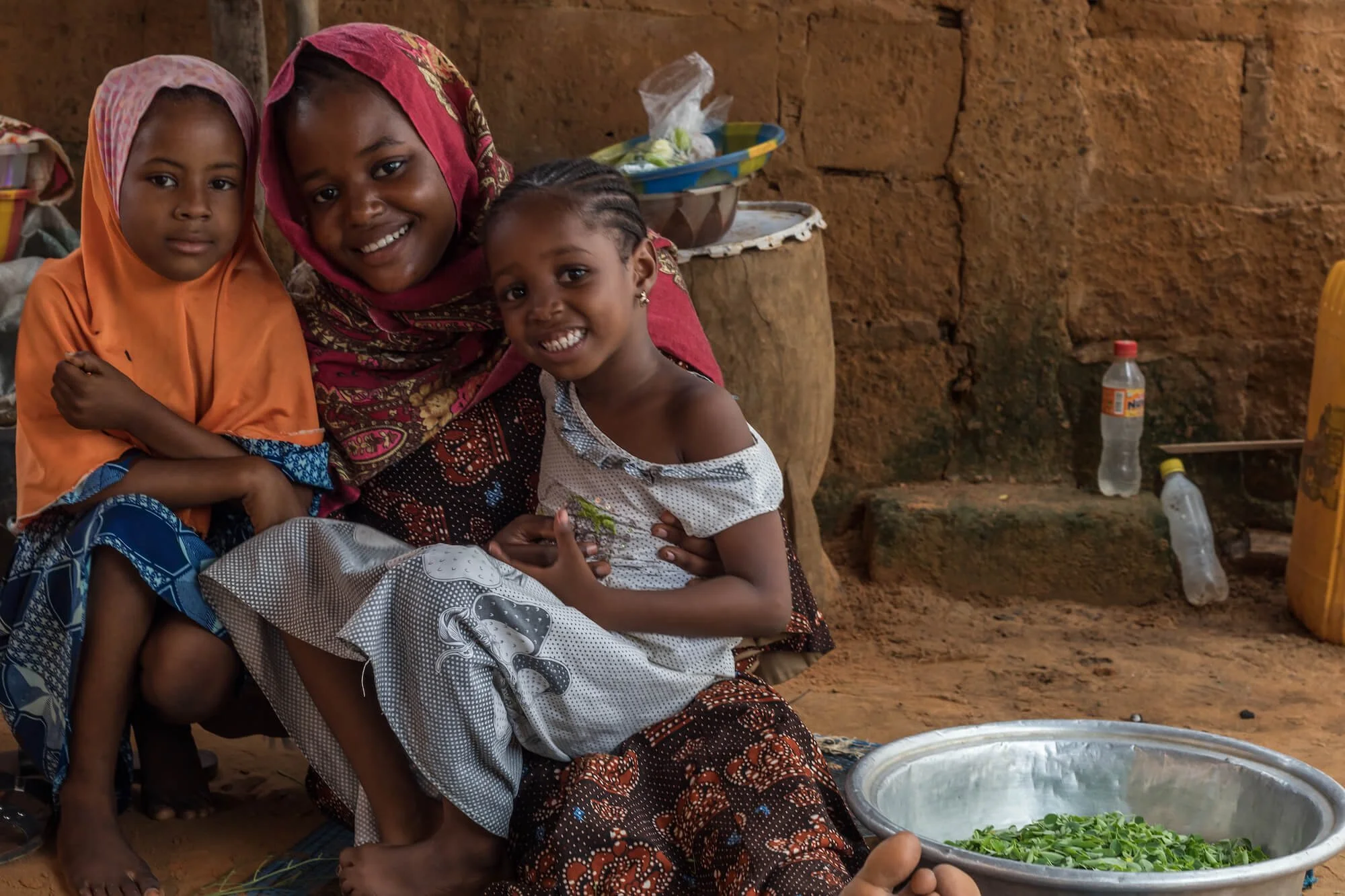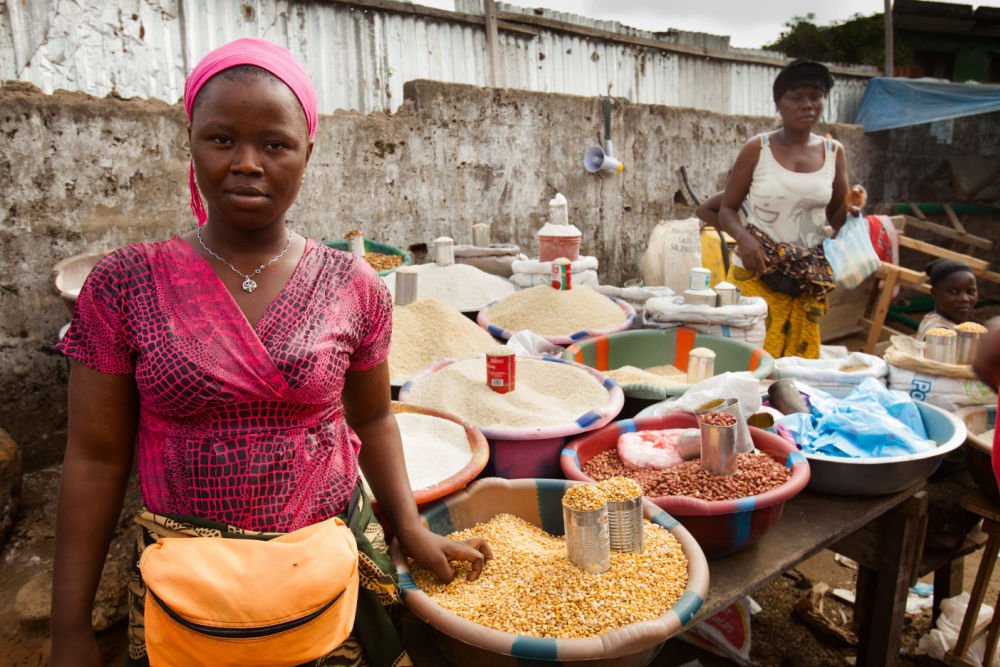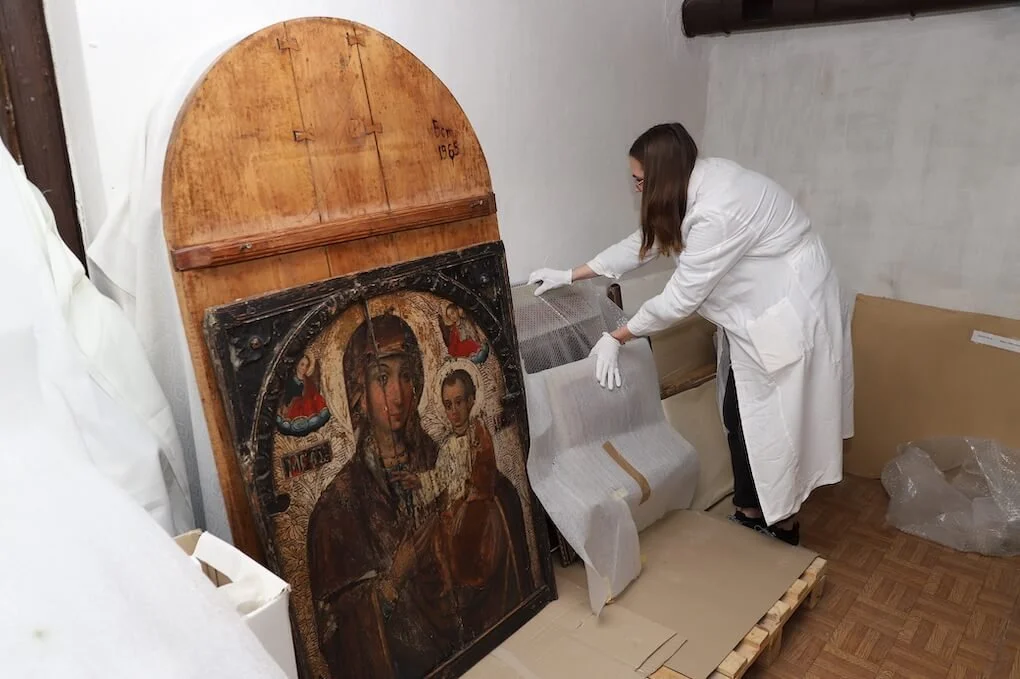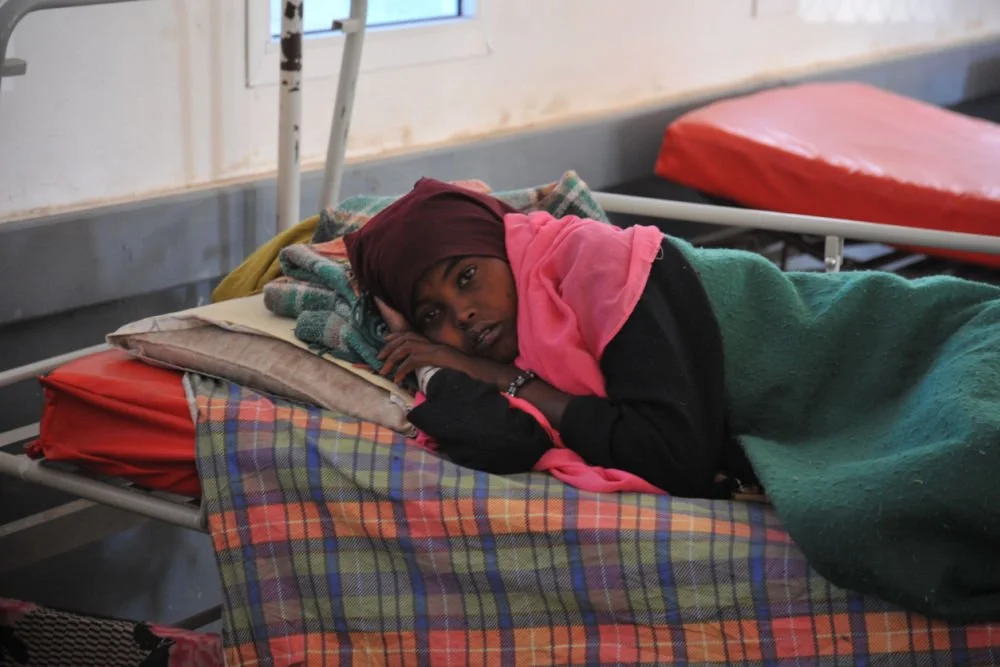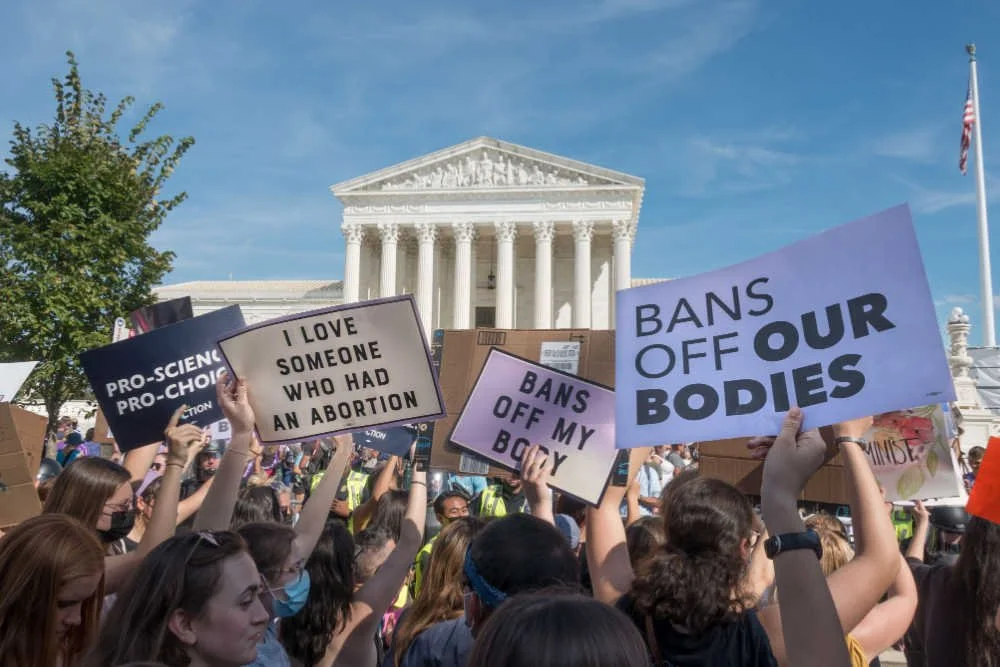No, 1.2 Billion Child Brides Is Not Okay. A Funder's Push to End Early Marriage
/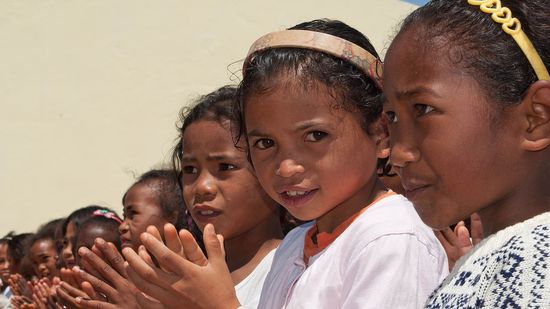
Child marriage is a clear violation of human rights and the practice is also a direct threat to girls’ health, education, economic security and overall well-being. According to Girls Not Brides—a 600-member coalition shining a brighter light on child marriage with the ultimate goal of complete eradication—if this practice isn’t slowed, there will be an estimated 1.2 billion child brides by 2050.
While there are now a relatively large number of funders paying attention to gender equality and women’s empowerment, very few are investing heavily to end child marriage. The Kendeda Fund is one such funder.
Kendeda was established in 1993 by Diana Blank, the former wife of Home Depot co-founder Arthur Blank, and until fairly recently, maintained a low public profile. That's surprising, given that it makes between $40 and $50 million in grants each year, and has awarded over $500 million grants since its inception.
Prior to the launching of its website not so long ago, information on the fund was difficult to come by, making it tough to determine just what this funder was into. What was fairly easy to determine about Kendeda’s early years was that its grants went almost exclusively to support environmental groups. Then it diversified its focus in a big way.
Related:
- A Top Green Funder Emerges from the Shadows and Steps Up Giving
- Why is This Mystery Funder Suddenly Giving Big to Stop Child Marriage?
In 2013, Kendeda announced a $23 million commitment to CARE USA and the American Jewish World Service (AJWS) to combat child marriage in South Asia. CARE received $7.7 million to continue its program to “mobilize the local community about the issue of girls’ rights,” and AJWS received $15.3 million toward its work “addressing the economic and social causes of child marriage.” That year, the fund would award two more grants related to child marriage: $1 million was awarded to the Cooperative for Assistance and Relief Everywhere for its program addressing the underlying causes of child marriage and close to $700,000 was awarded to AJWS to support its Child Marriage Initiative.
The following year, Kendeda raised its support, giving AJWS over $4.1 million for its Child Marriage Initiative and $2.1 million to the Cooperative for Assistance and Relief Everywhere for its child marriage program, though this grant supported the expansion of the program to explore those causes in Bangladesh, Nepal, and the United States. Newcomers that year included Human Rights Watch ($250,000), the Global Fund for Women ($130,000), and Girls Not Brides ($250,000).
Related: Kendeda Fund: Grants for Human Rights
Kendeda gave its recent child marriage-related grants through its Girls’ Rights program, which is currently focusing its grantmaking on South Asia where, according to the fund’s website, “child marriage is particularly common.” The program has two main goals. The first is to hasten the pace of attitudinal and behavioral change at the local level. This is what Kendeda refers to at the “workhorse” of its overall strategy.
The second objective of the Girls’ Rights program is to build global awareness of child marriage, which includes promoting advocacy work, engaging policymakers both in the United Sates and around the world, and reframing the way cultures value girls.
Kendeda’s Girls’ Rights program also awards grants to groups tackling other major rights matters, such as sexual and reproductive health rights. A common thread, though, is that the majority of these grantees are also touching upon early and child marriage.
In spite of international laws prohibiting marriage without the full and free consent of both parties and the fact that most countries around the world have a minimum age of marriage, child marriage is still a widespread practice that continues to occur at an alarming pace. In least-developed countries, one in three girls is married before she turns 18 and one in nine girls is married before she turns 15.
Child marriage is an exceedingly complex matter. Yes, there are laws on the books meant to prevent girls and young women from being forced or coerced into marriage before they are ready, but there are also provisions to those laws that allow parents to marry off their young daughters whether those girls want to or not. Poverty, lack of education, and cultural beliefs and practices are also contributing factors leading to some 15 million girls under 18 married each year.
Kendeda isn’t alone among funders in its global fight against child marriage. In 2013, the Ford Foundation made a $25 million commitment to end the practice in developing countries including India, Nigeria, Egypt, Central America, Southern Africa and West Africa. Since then, Ford has dedicated over $8.2 million to the cause. The NoVo Foundation is also a major player in this relatively uncrowded funding field.
Related: What Does Ending Child Marriage Have to Do with Economic Opportunity?
In 2011, co-founder Jennifer Buffett penned an op-ed piece titled “Let’s End Child Marriage in a Generation,” writing that while she was in Ethiopia, she came “face to face with one of the biggest challenges that holds back the world’s female population and keeps countries mired in poverty: child marriage.”
Despite some important victories like Sierra Leone becoming the 15th country to launch an African Union Campaign to End Child Marriage, a lot more work needs to be done. Although progress is being made, those changes are pretty slow to come. That makes the work of funders like Kendeda, Ford, and NoVo that much more important.




